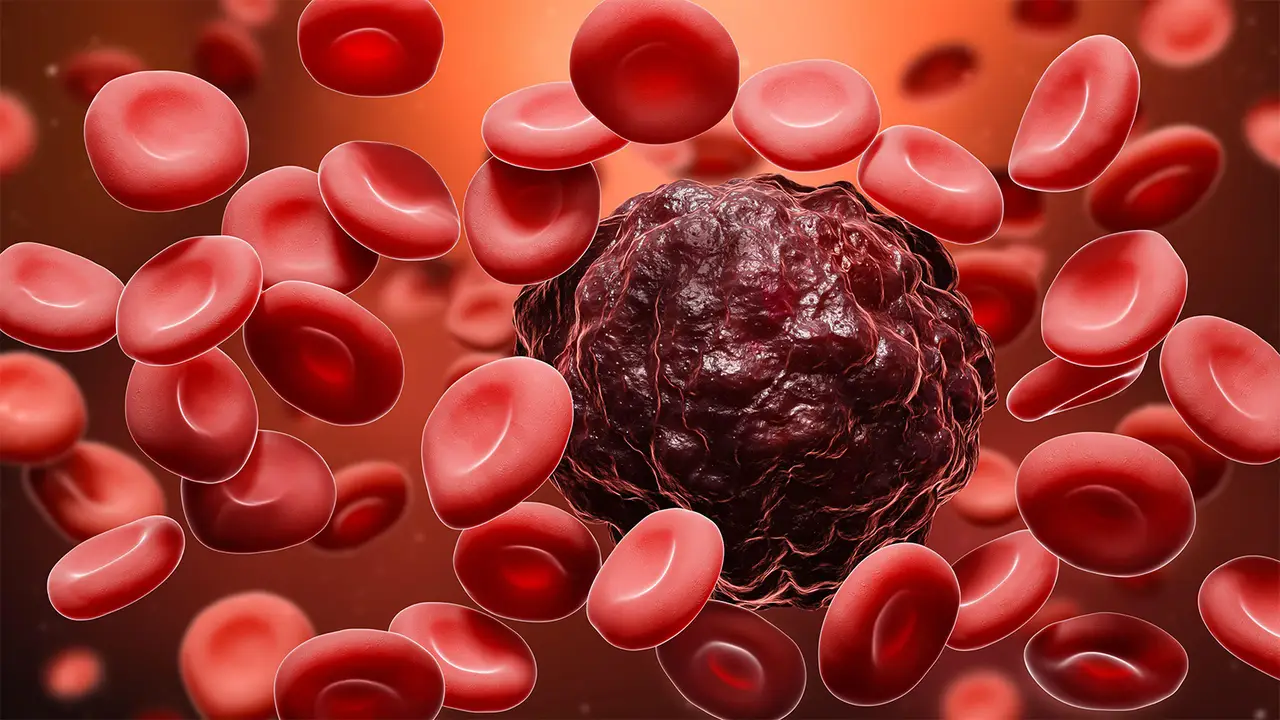During the Covid pandemic, healthcare disruptions and lockdowns led to a significant decline in cancer diagnoses, with nearly 130,000 missed cases in 2020 and 2021. These missed diagnoses account for about 9 percent fewer than expected, and experts now fear a surge of late-stage cancers in the coming years.
Doctors focused on controlling Covid-19 infections during the pandemic, but many now emphasize the urgent need to address what some call the “cancer shadow curve.” Early cancer detection is crucial, as catching the disease early greatly improves the chances of successful treatment, but many screenings were delayed or skipped due to the pandemic.
In 2021, cancer diagnoses began to recover, almost reaching pre-pandemic expectations, but remained slightly below normal levels. The National Cancer Institute estimated that 9.4 million screening tests were missed, contributing to the drop in diagnoses.
This trend was not limited to cancer screenings alone, as 40 percent of people admitted to missing general medical appointments during the pandemic, with many fearing Covid exposure at clinics. These delays in routine medical care have left doctors concerned that many patients will now face more advanced and harder-to-treat cancers.

Dr. Uriel Kim’s study, published in JAMA Network Open, aimed to quantify the pandemic’s impact on cancer detection. By analyzing over 15 million invasive cancer cases from 2000 to 2021, the researchers determined that nearly 128,000 cancer cases were likely missed in 2020 alone, with the most significant declines seen in lung, prostate, and skin cancers.
Men and people in more affluent, educated counties experienced the largest drops in diagnoses. While the situation improved in 2021, the delayed diagnoses may have serious long-term consequences for patient outcomes.
Efforts by medical organizations like the American Cancer Society and the American College of Surgeons helped mitigate some of the backlog in cancer screenings. They provided support to hundreds of local cancer clinics, encouraging patients to return for screenings and regular checkups.
Additionally, the lifting of lockdowns and public health campaigns likely contributed to the rebound in cancer diagnoses in 2021. However, the missed cases from the previous year still pose a significant risk, as late-stage cancers are typically more challenging to treat.
To prevent future late-stage diagnoses, doctors continue to stress the importance of routine screenings. Regular checkups are vital for catching cancer early, especially for those with risk factors like family history or a history of smoking.
Public awareness efforts, such as social media campaigns led by young cancer survivors, are also raising awareness of the risks of missed diagnoses. Experts urge individuals to prioritize their health and attend regular screenings, as early detection remains one of the most critical factors in successful cancer treatment.
